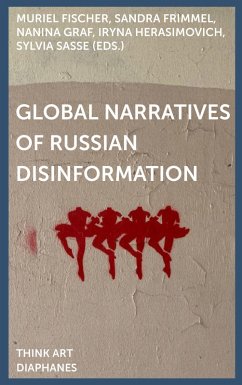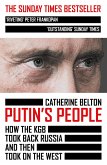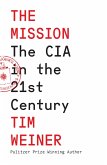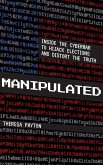Disinformation, conspiracy narratives, and propaganda are not only manipulative forms of communication with the intention to deceive, but also a field of global collective narratives. Russia is an important player in this field. From the Cold War to the present day, we can observe how (pro-)Russian narratives are regionally tailored, internationally disseminated and appropriated by various political, economic or cultural actors for their own purposes.While some narratives might originate from literary fantasy, science fiction or national myths, others draw on historical narratives and reproduce them. Russia often claims an anti-imperialist, anti-fascist or post-colonial intention in order to conceal its own imperialism and fascism. The contributions in this book document these narratives in their respective geographical and historical contexts. They examine narrative practices and their history, the interplay of global address and local appropriation as well as affects and effects within political discourse.
With contributions by Zaal Andronikashvili, Masha Borzunova, Roman Horbyk, Jade McGlynn, Mufutau Muyiwa, Christopher Nehring, Ksenia Poluektova-Krimer, Marina Rudyak, Anton Shekhovtsov, Sylvia Sasse, and others.
With contributions by Zaal Andronikashvili, Masha Borzunova, Roman Horbyk, Jade McGlynn, Mufutau Muyiwa, Christopher Nehring, Ksenia Poluektova-Krimer, Marina Rudyak, Anton Shekhovtsov, Sylvia Sasse, and others.








